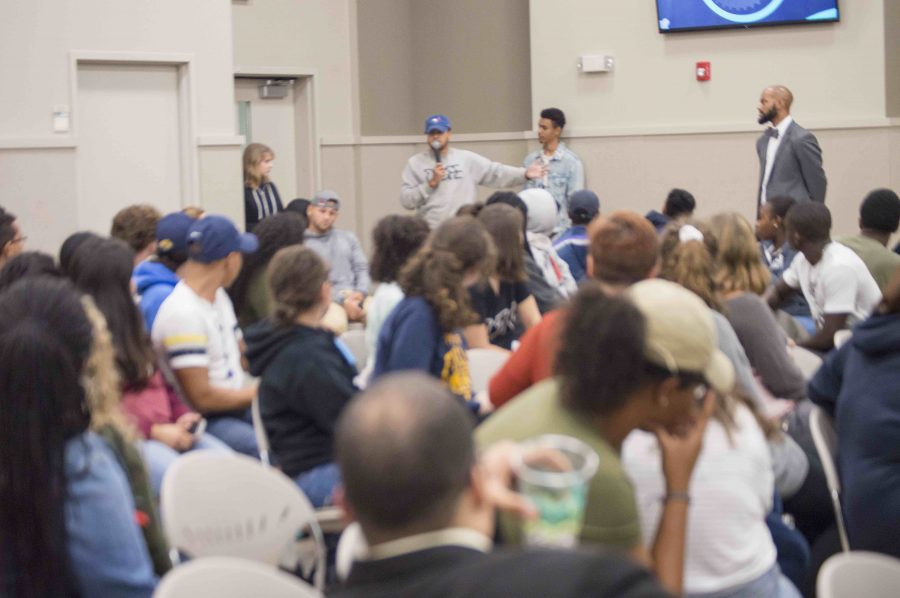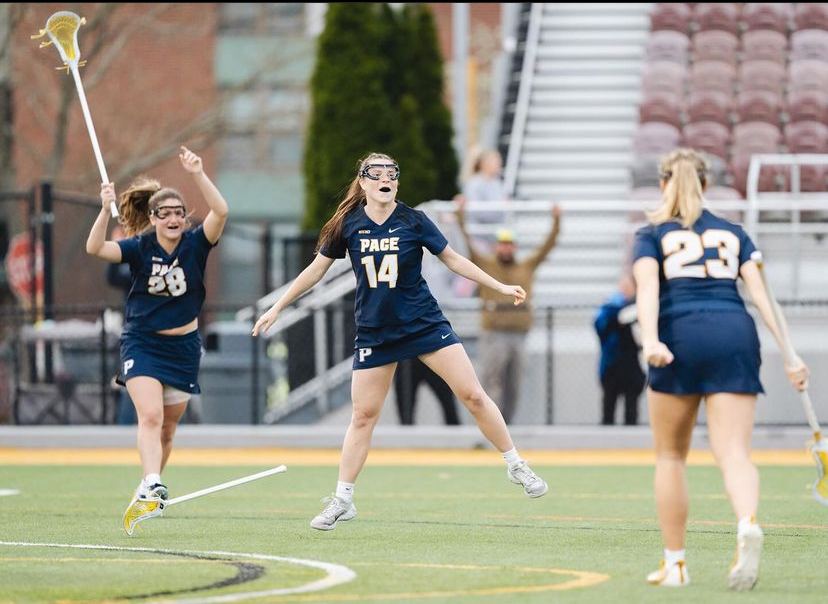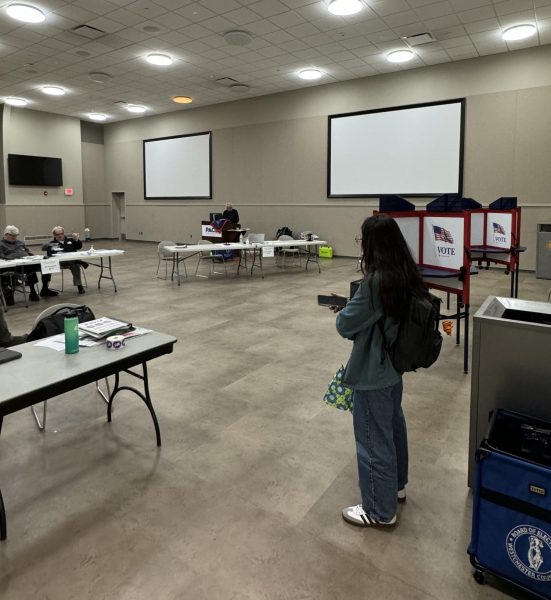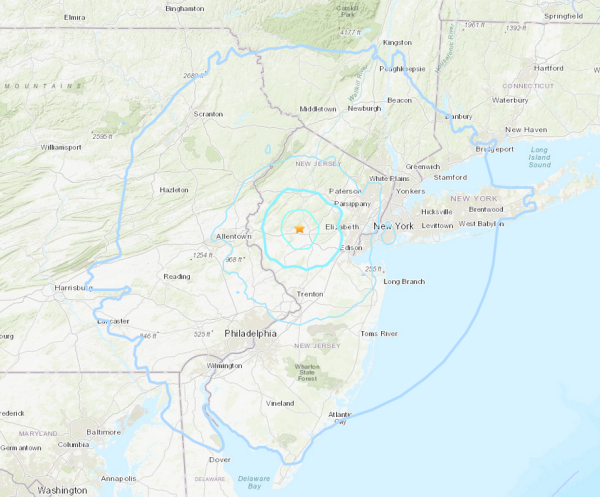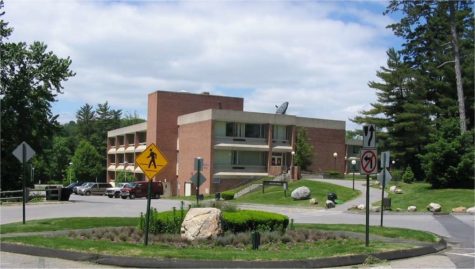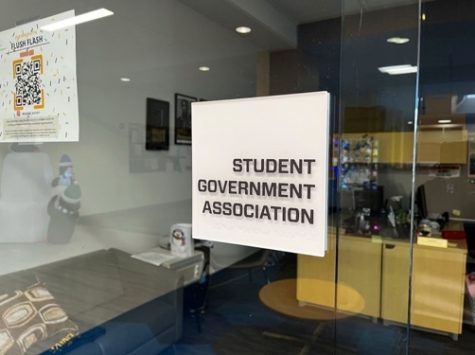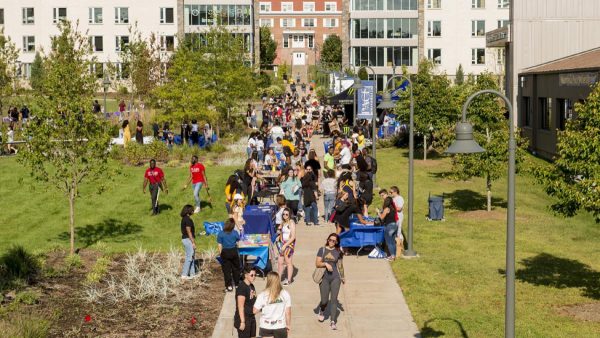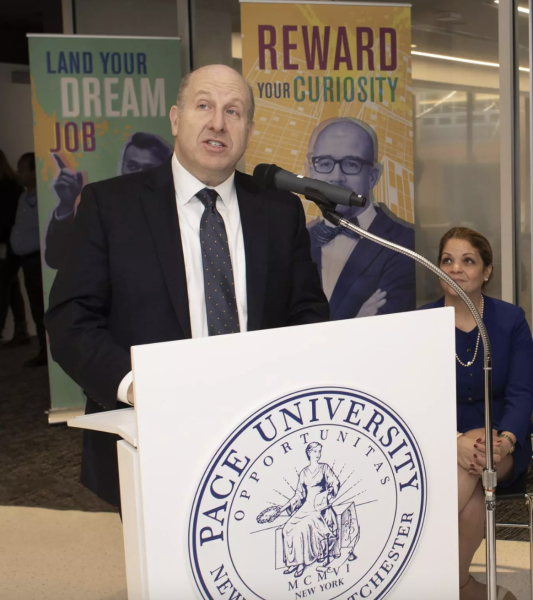Does Pace Feel All Lives Matter?
October 4, 2016
Junior Keyshana Dupuy and Director of Multicultural Affairs & Diversity Programs, Cornell Craig, hosted their “All Lives Matter?” event to allow the Pace Community to discuss the state of race relations in America on Thursday night in the Willcox Multipurpose room.
The discussion began with Craig giving a history of the discrimination against minorities in America including slavery, segregation, and housing practices that created ghettos by limiting where minorities could live and what kind of loans they had access to.
Craig then asked the crowd how they felt about the All Lives Matter movement as a response to derail the Black Lives Matter movement by claiming that members feel like black lives are the only lives that matter.
“It would be silly to go to a breast cancer awareness event, and say ‘no, no there are other kinds of cancer, don’t raise money for this, what about liver cancer, it’s very important. What about heart disease?’ Yes, those things are important too, but right now we are focusing on this particular issue,” Craig said.
Some concerns were raised about how certain members of Black Lives Matter have rioted, however others brought up that the violence against unarmed minorities has not stopped even with peaceful protest.
“Yes, there might be a better way [than rioting] but how many times are these people, and these groups, and those of us who are people of color going to step up and say ‘we’re going to do this peacefully’ but yet every time we turn around someone is getting shot who’s unarmed? How many times are we going to fear for our people’s lives,” Residence Director of Elm Hall Tiffany Bermudez said.
A potential solution that Assistant Professor of History, Dr. Durahn Taylor, offered was resolving situations short-of-shooting both in terms of police using lethal actions to stop suspects and the mentally ill acting out violent impulses.
“Do you know it is easier to get a gun than mental health care in this country? What side of the brain are we thinking with? The one that says I’m angry, the one that says ‘I want to kill.’ We are humans, we need to think with a higher order brain,” Taylor said.
However, Criminal Justice and Security Lecturer, Maryellen Martirano, explained that it is “not easy” for police officers to make split-second decisions when it comes to shooting. She also said that police officers are not trained to shoot suspects in non-lethal areas and that video evidence often times does not tell the full story.
“As a prosecutor, it was very easy for me to criticize police, but I wasn’t the one out there. I was behind a desk reading the reports, and I had a lot of time to try and decide what the right thing could have been,” Martirano said. “But [the police] are out there and they’re making decisions in seconds, and they never have time to really try and sit back and [decide to use force or not] because they’re going to be shot or someone else is going to be shot.”
Member of the Israelite School of Universal Practical Knowledge, Julian Vega, suggested that communities should live in segregation again so that races can start supporting each other in their own communities. However, this idea was met with disagreement from other participants who wanted to unite all communities.
“When you separate into your own people you build a strong community, you rebuild values, and you rebuild the same common way of thinking,” Vega said.
Participants felt this was a productive conversation despite the differences in opinion.
“I really appreciate everyone for coming out. All the different faces, races from different places is amazing,” International Management major Julian Alston said.

